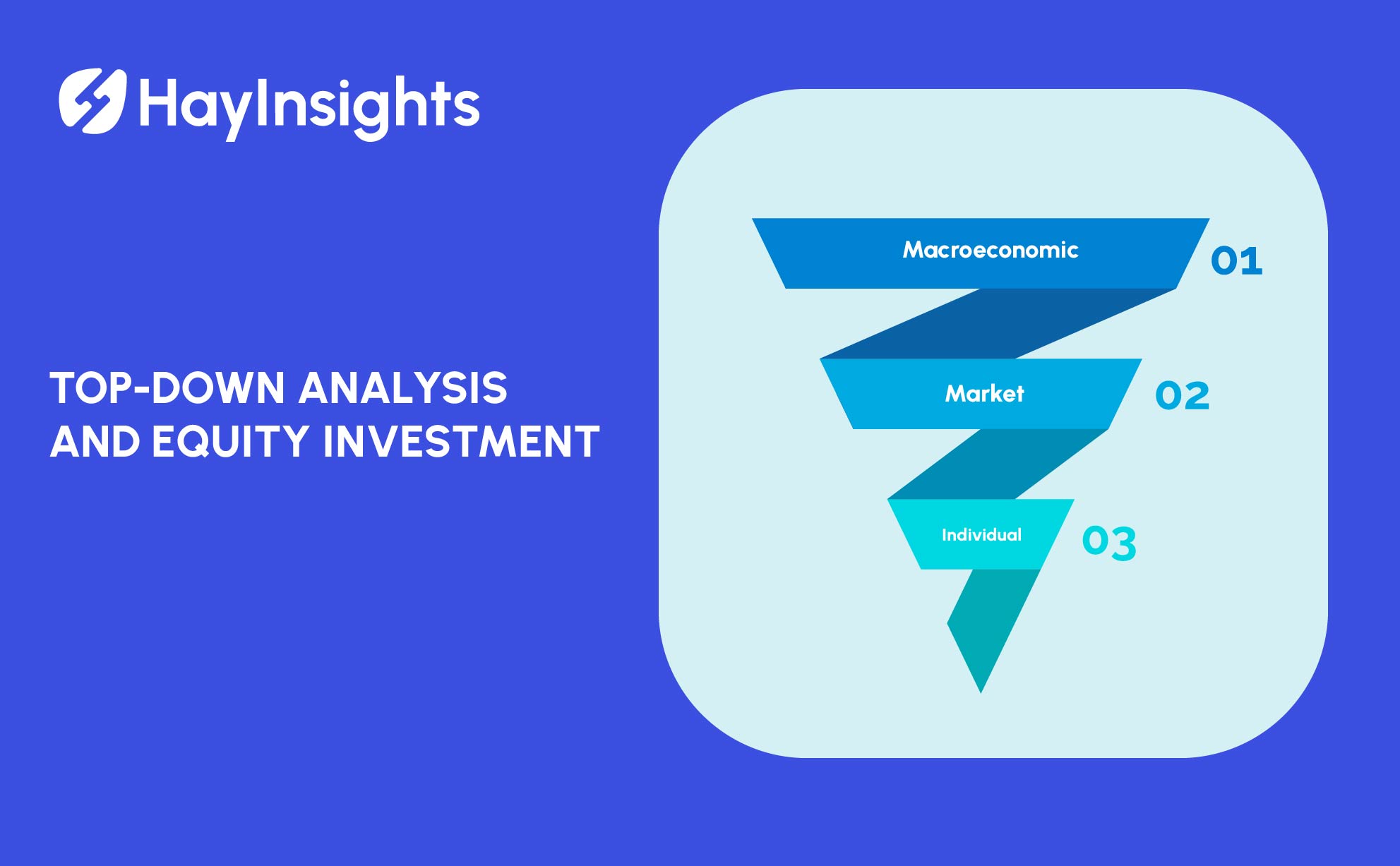
The Role of AI in Financial Investment: Revolutionize Decision-Making 2025
In recent years, artificial intelligence (AI) has become a transformative force across various industries, and the financial sector is no exception. AI in financial investment is revolutionizing how investors make decisions, manage risks, and optimize portfolios. With its ability to analyze vast amounts of data, predict market trends, and automate tasks, AI is reshaping the investment landscape in ways that were previously unimaginable. This article explores the multifaceted role of AI in financial investment, from algorithmic trading to risk management, highlighting both the opportunities and challenges that come with its integration.
Understanding AI in Financial Investment
At its core, AI in financial investment refers to the use of machine learning algorithms and advanced computational techniques to assist in decision-making processes related to investments. By processing large datasets, AI can uncover patterns and correlations that human analysts might miss, making it a powerful tool for making informed investment choices. Machine learning, natural language processing, and other AI technologies allow systems to learn from historical data and improve over time, enhancing their predictive capabilities.
One of the most well-known applications of AI in financial investment is algorithmic trading, where AI systems execute trades based on predefined criteria and market conditions. These systems can analyze market trends, identify trading opportunities, and execute transactions faster than any human trader could. By leveraging AI, financial institutions can take advantage of the speed and precision it offers, maximizing profits while minimizing risks.
AI and Data Analysis: A New Era of Investment Decision Making
Data is the cornerstone of modern financial markets. Investors are constantly bombarded with an overwhelming amount of information, including stock prices, economic indicators, news reports, and social media posts. Traditionally, human analysts and traders have struggled to keep up with this flood of data, relying on intuition and experience to make decisions. However, AI in financial investment changes this dynamic by enabling the processing and analysis of massive datasets at scale.
AI-powered algorithms are capable of scanning and interpreting unstructured data, such as news articles, social media sentiment, and financial reports. Natural language processing (NLP) tools, for instance, can analyze the tone and sentiment of news headlines and social media discussions to assess market sentiment in real time. This ability to process diverse data sources gives investors a more comprehensive view of the market and allows for more accurate predictions of price movements and potential investment opportunities.
Additionally, AI’s predictive capabilities extend beyond traditional data analysis. Machine learning algorithms can identify patterns and trends in market behavior that are not immediately apparent. By learning from historical data, these systems can forecast future price movements, assess the likelihood of market fluctuations, and recommend investment strategies based on probability models. This allows investors to make more informed decisions, even in volatile markets.
Risk Management: Enhancing Portfolio Performance
Risk management is one of the most critical aspects of financial investment. Investors must constantly assess and mitigate potential risks to safeguard their portfolios. AI in financial investment can play a crucial role in identifying, managing, and mitigating risks in real-time.
AI systems can analyze large volumes of data to detect patterns that indicate potential risks, such as market volatility, credit defaults, or geopolitical events. These systems can also create risk models to help investors understand the potential impact of various market events on their portfolios. By simulating different scenarios, AI can predict how an investment portfolio would perform under various conditions, allowing investors to make adjustments and avoid catastrophic losses.
Moreover, AI-powered tools can help investors maintain a balanced and diversified portfolio. By constantly monitoring market conditions and asset performance, AI systems can suggest portfolio adjustments to optimize risk and return. This capability is especially valuable for institutional investors who manage large, complex portfolios and need to make data-driven decisions to maximize returns while minimizing risk exposure.
AI in Personalized Investment Strategies
Another significant advantage of AI in financial investment is its ability to create personalized investment strategies. Traditionally, investment advice has been one-size-fits-all, with financial advisors offering generic recommendations based on broad market trends. However, AI-powered robo-advisors are now able to tailor investment strategies to individual investors based on their financial goals, risk tolerance, and preferences.
Robo-advisors use machine learning algorithms to analyze an investor’s financial situation and develop a customized investment plan. These systems can continuously monitor the performance of the portfolio and adjust the investment strategy as needed. By leveraging AI, robo-advisors can provide cost-effective and personalized investment advice, making sophisticated portfolio management accessible to a broader range of investors, including those with smaller amounts of capital.
Furthermore, AI can help investors identify potential opportunities in emerging markets or sectors that align with their specific interests. Whether an investor is looking to invest in green energy, technology startups, or global equities, AI can analyze market trends and provide recommendations based on data-driven insights.
Automation and Efficiency: Streamlining Investment Operations
The financial investment industry is highly complex, with many moving parts. Managing investments involves a multitude of tasks, from conducting research to executing trades and ensuring compliance with regulations. AI in financial investment is helping streamline many of these processes, reducing the need for human intervention and increasing efficiency.
For example, AI-driven automation tools can handle routine tasks such as portfolio rebalancing, order execution, and even customer service. By automating these tasks, financial institutions can reduce operational costs and minimize the risk of human error. Automation also allows investors to focus on higher-level decision-making rather than getting bogged down in administrative tasks.
In addition, AI’s ability to process data at lightning speed enables real-time decision-making. Investors can receive instant updates on market conditions, portfolio performance, and new investment opportunities, allowing them to act quickly in response to market changes. This real-time processing is particularly beneficial in fast-moving markets, where timely decisions can make a significant difference in investment outcomes.
Ethical Considerations and Challenges
While AI in financial investment presents numerous benefits, it also raises important ethical and practical challenges. One of the primary concerns is the potential for algorithmic biases. If the data used to train AI systems is biased or incomplete, it could lead to flawed predictions and investment decisions. For example, AI systems may inadvertently perpetuate inequalities by favoring certain sectors or asset classes based on historical data patterns.
Another challenge is the lack of transparency in some AI models. As machine learning algorithms become more complex, it becomes increasingly difficult for human investors and regulators to understand how decisions are being made. This “black box” nature of AI systems can lead to a lack of accountability, especially if an AI-driven investment decision leads to significant losses.
Finally, the increasing reliance on AI could lead to job displacement within the financial sector. While AI can enhance productivity and reduce costs, there is concern that it may replace human workers in roles such as research analysts, traders, and portfolio managers. This raises questions about the future of employment in the industry and the need for reskilling workers to adapt to the changing landscape.
Conclusion
AI in financial investment is a powerful tool that has the potential to transform the industry. From enhancing data analysis and improving predictive capabilities to streamlining operations and optimizing risk management, AI offers significant advantages for investors. However, it is important to consider the ethical and practical challenges that come with its integration, such as algorithmic biases and job displacement.
As the technology continues to evolve, it will be essential for financial institutions to adopt AI responsibly and ensure that its use is transparent, fair, and accountable. By doing so, AI can continue to play a pivotal role in shaping the future of financial investment, providing investors with the tools they need to navigate an increasingly complex and fast-paced market.










